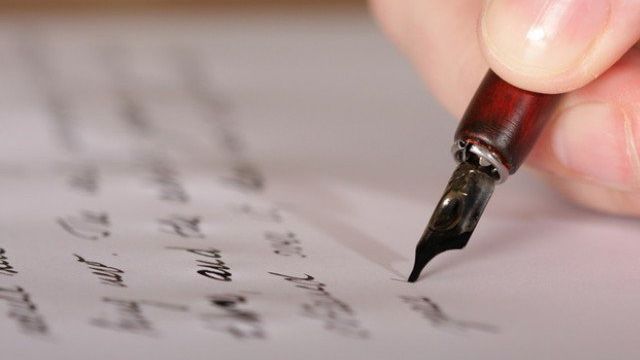Teaching Poetry: A Struggle Of Voice And Silence

Exploring the complexities of teaching poetry amidst the interplay of voice and silence in contemporary contexts
Poetry is interpretatively difficult and becomes more so when situated in contemporary circumstances. The tug begins between transportation and situation. Poetry transports us into its own world, but prevailing circumstances bring it back to relate to the present. Past and present collide and give birth to novel meanings, stunning both teachers and readers. An interpretation strive obfuscates it. The voice and silence react to each other and multiply their interpretations. A chain of interpretations begins endlessly. If the voice is caught, the silence is missed, and vice versa.
Teaching poetry is a Herculean task. Teachers assigned the job of teaching poetry take on the challenge and struggle to unfold its multi-layered threads of meaning to help students grasp its essence. Teaching poetry requires active reflection and analysis while trying to express its silence to students—if silence can be decoded. I think it cannot be. It can only be experienced in the darkest portions of the heart and mind. A voice may have circumferences, but silence does not. It goes on to reveal its conjectured meanings, leading to a bulk of commentaries and analyses.
A few days ago, I had to teach a poem, “Meeting Poets,” to the students. It is written by Eunice De Souza, and she tries to draw a line between poet and poetry to insinuate the ambiguity of meaning in poetry that may or may not relate to the life of a poet because poetry is not written for one age but for all ages. Something queer happened that I did not expect. Before venturing into the interpretation of the poem, telling students that Eunice De Souza believes that poets can be best met in their poems, I asked them a bizarre question. Bizarre because it flabbergasted my students as they encountered my question unarmed, without an opportunity to think and discuss the answer. I questioned them, “If you happen to meet any bygone poet like William Shakespeare, Mirza Ghalib, Dr. Sir Mohammad Iqbal, or Faiz Ahmed Faiz, what would you ask him?” It stunned them because they are not used to such difficult questions. My question stunned them, but their answers astounded me more. There were various astonishing answers, but one of them was particularly shocking. A student replied that he would ask Ghalib why he wrote poetry. What did he want to achieve by writing poetry? Did he have no other means to serve his purpose? Is the word the only alternative to express one’s thoughts and ideas? Can silence not serve the same purpose as the voice? What about those who cannot write like Mirza Ghalib to express themselves? Can’t silence be documented like the voice and taught in classrooms just as Mirza Ghalib’s words are taught? I just listened carefully and initiated a discussion on voice and silence as the two great expressions of poetry.
It is still less difficult to unravel the written words of poetry, but how can the silence of poetry be defined in words? Words give birth to silence, and silence cannot be unfolded without words. This dialectical system dominates poetry and complicates its unfolding in the world of academics. It gave birth to another series of questions: How can one convert one’s feelings into words that do not suffice? How can one, as Eunice De Souza says, “hear a sad but distant sea from the cool speckled shells”? The poet intentionally uses the word “hear,” not “read,” to emphasize the hidden silence of a distant sea that can be heard but not just read. Why did Mirza Ghalib put into poetry what he annihilated in his life—sorrows? Understanding pain annihilates pain, and it does not remain after its complete comprehension. He understood pain completely. Then why did he need to express in words what was already extinct? These questions are relevant and have impacted every reader for ages. One encounters these and other questions while perusing poetry, further complicating its meaning.
Teaching poetry demands a high level of academic calibre to do justice to it. It requires the expertise to simplify highly difficult concepts for students’ comprehension. Ultimately, teaching is all about making students understand the material. It is about relating the teaching material to their daily lives and explaining its implementation to improve their lives, particularly intellectually. It is about acquiring age-old wisdom and knowledge that help one understand life better and mitigate its suffering.
By Fida Hussain Bhat


